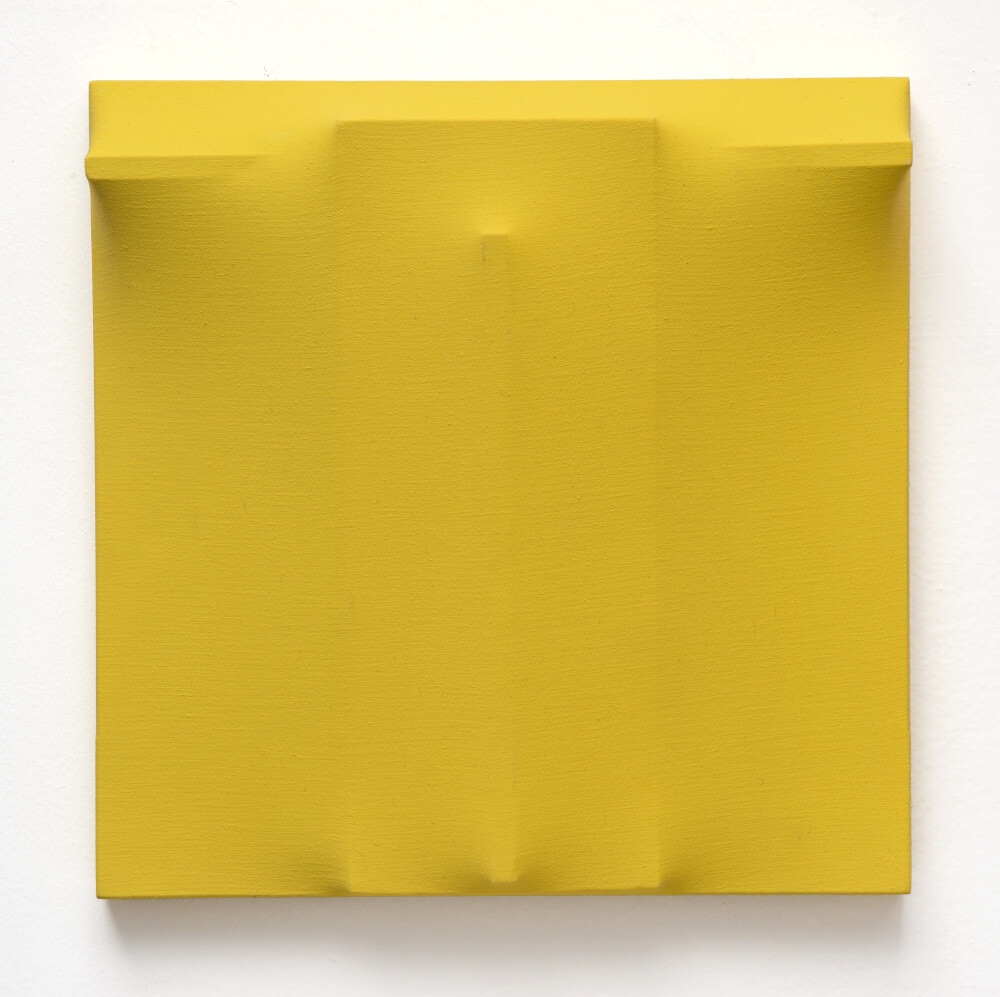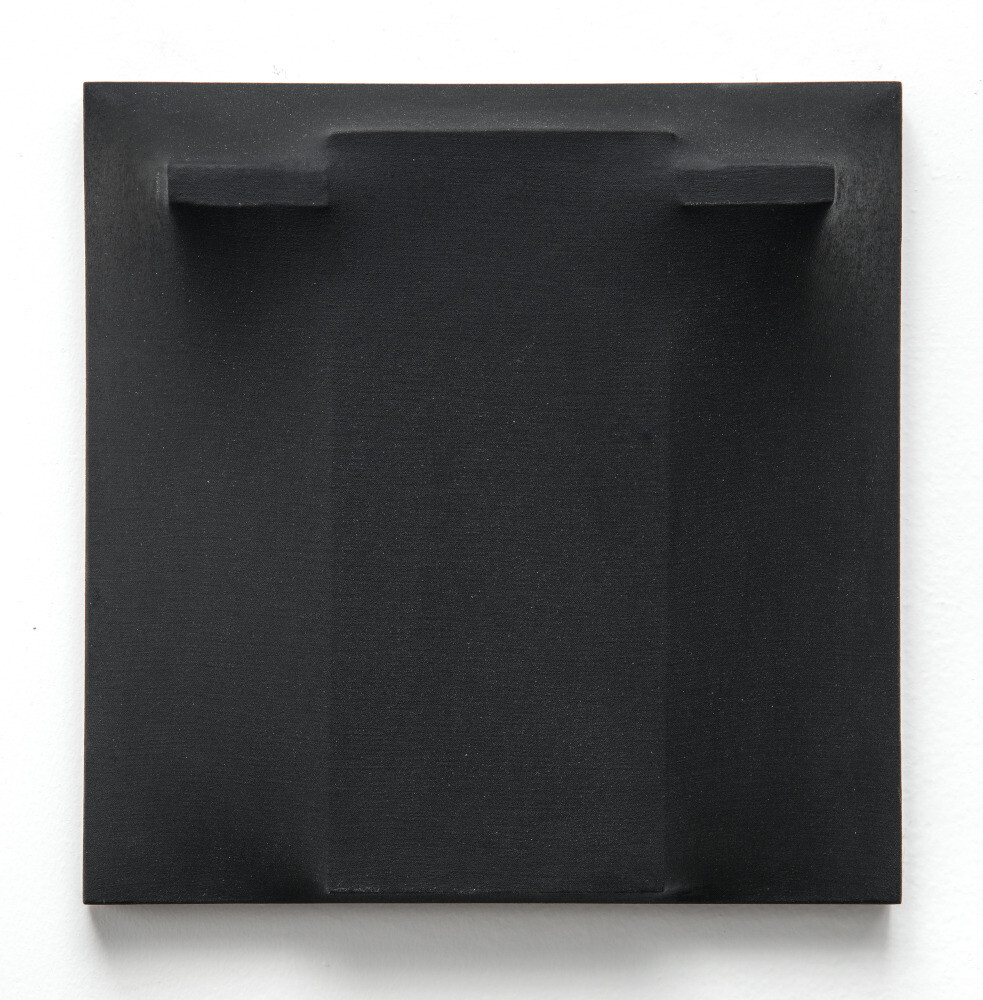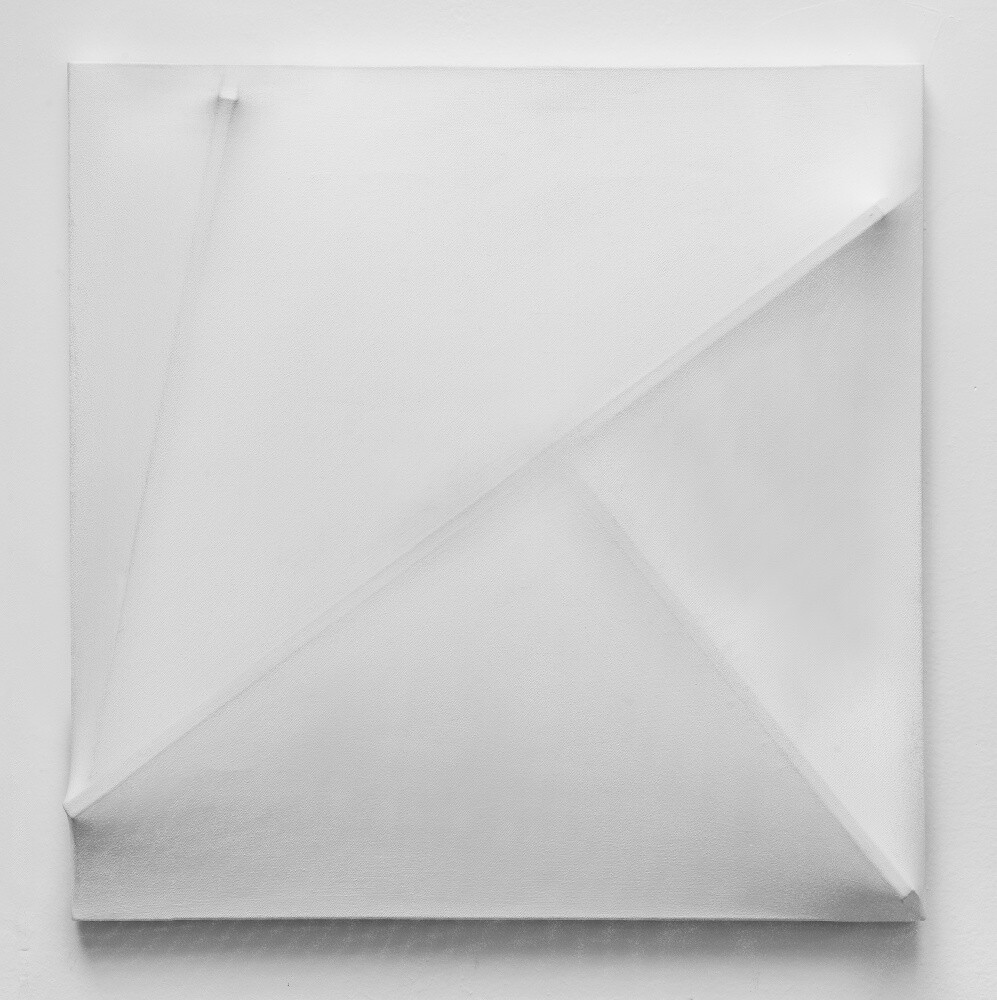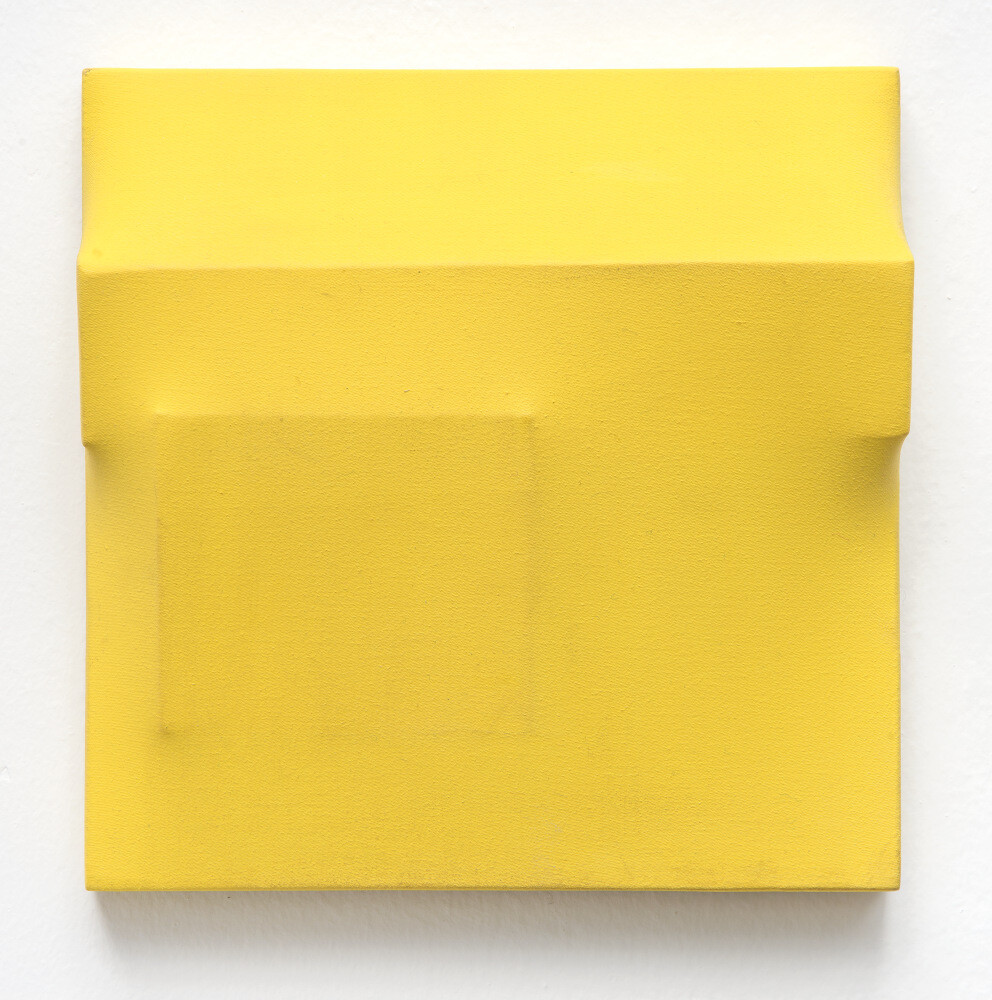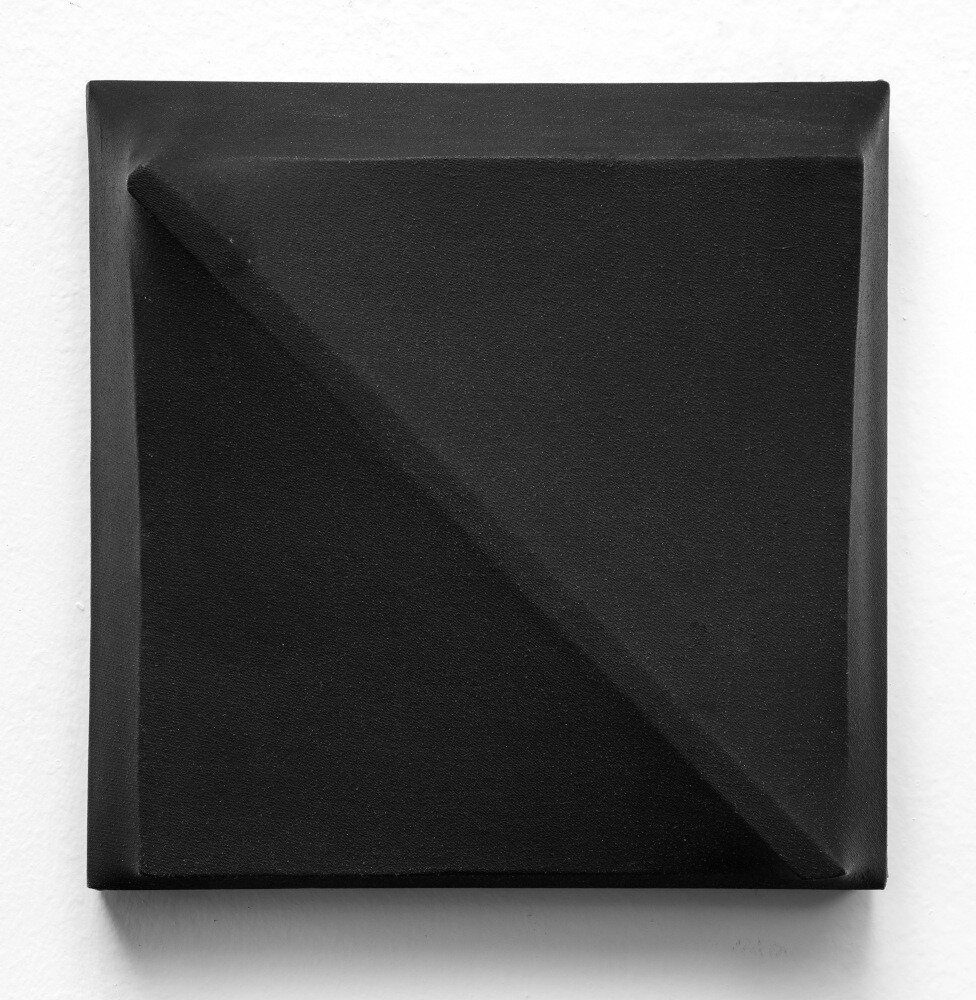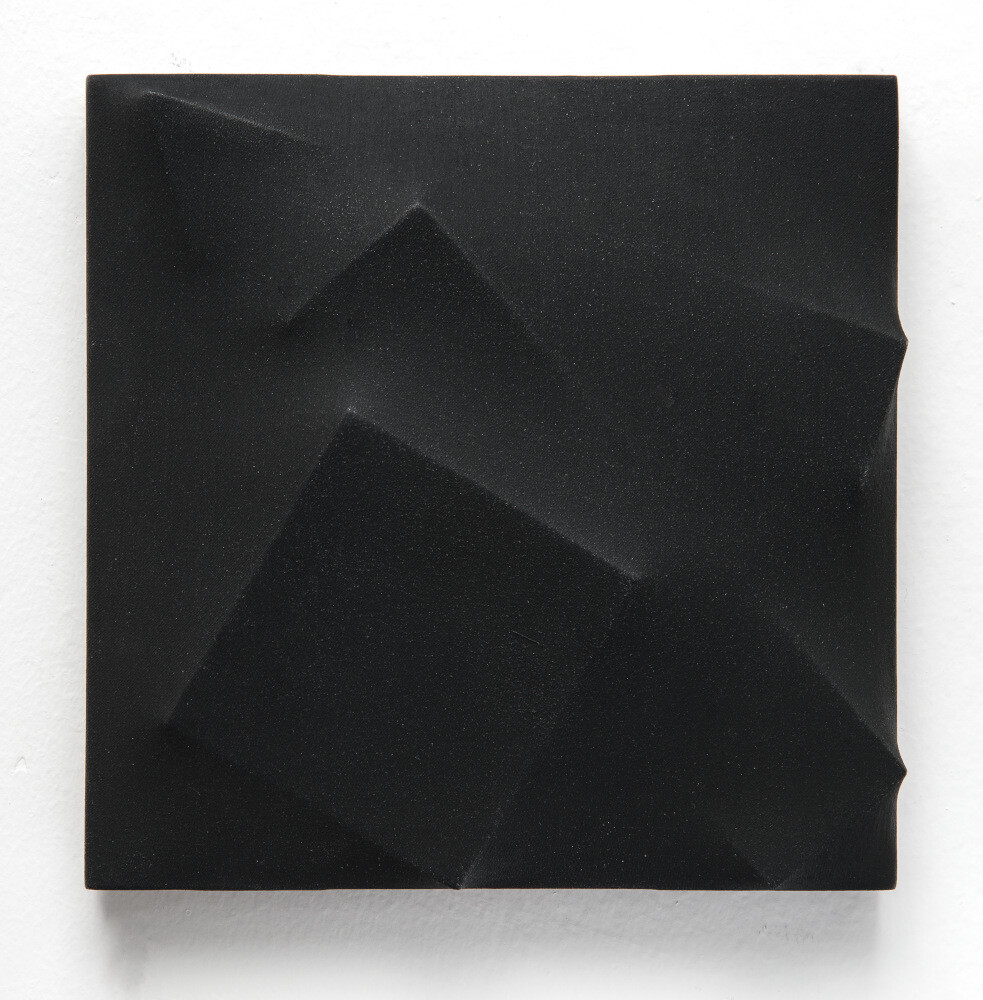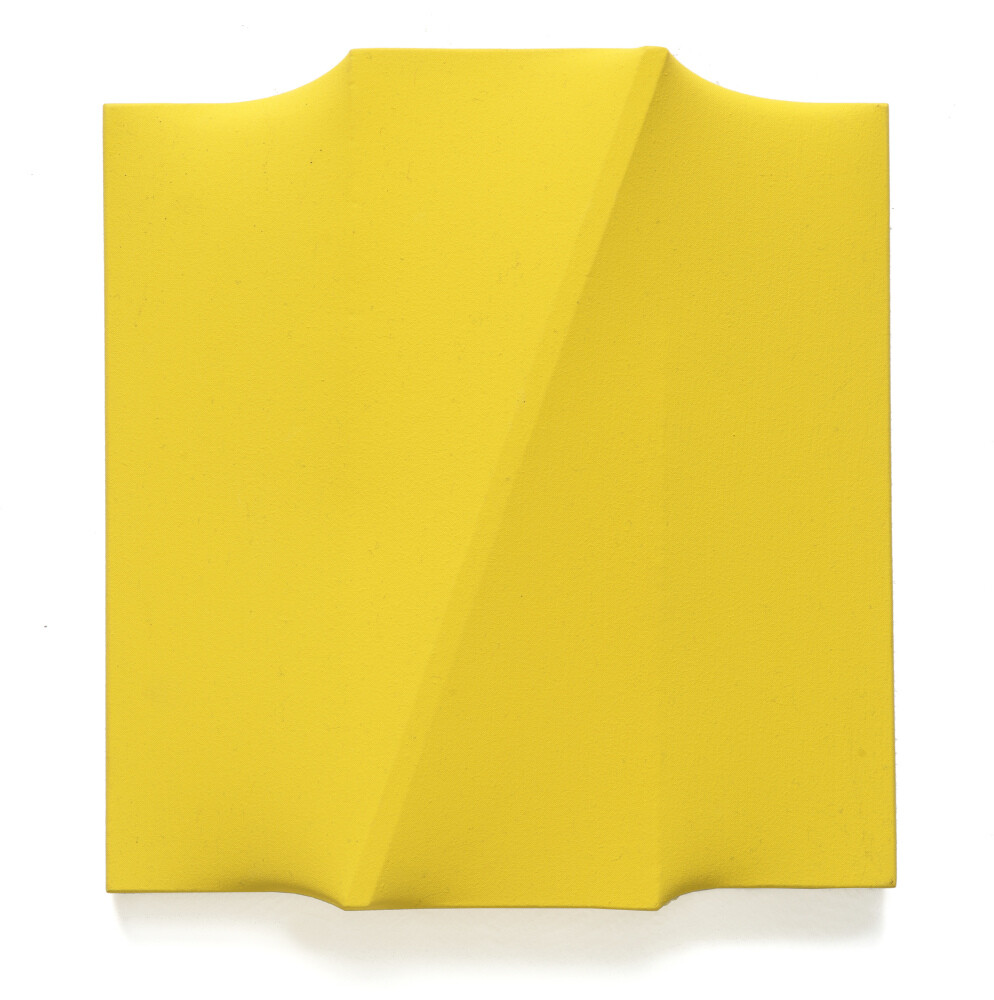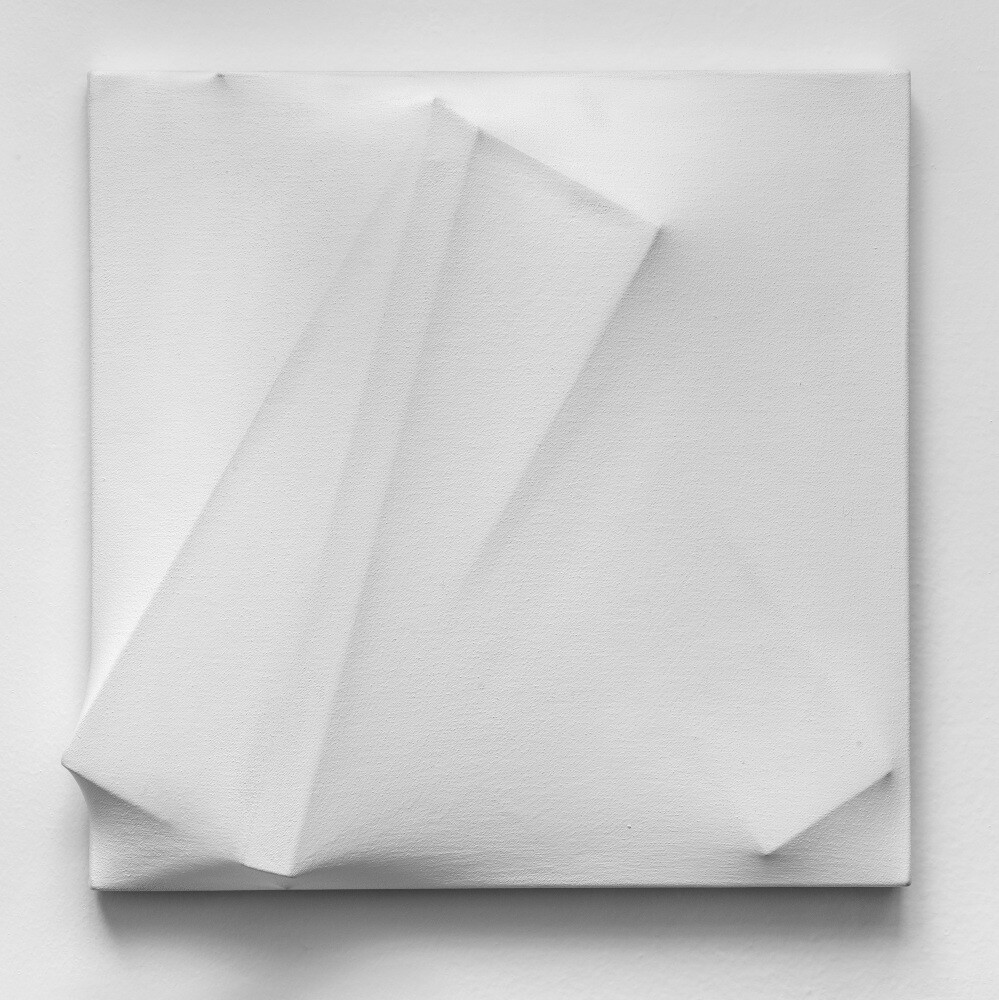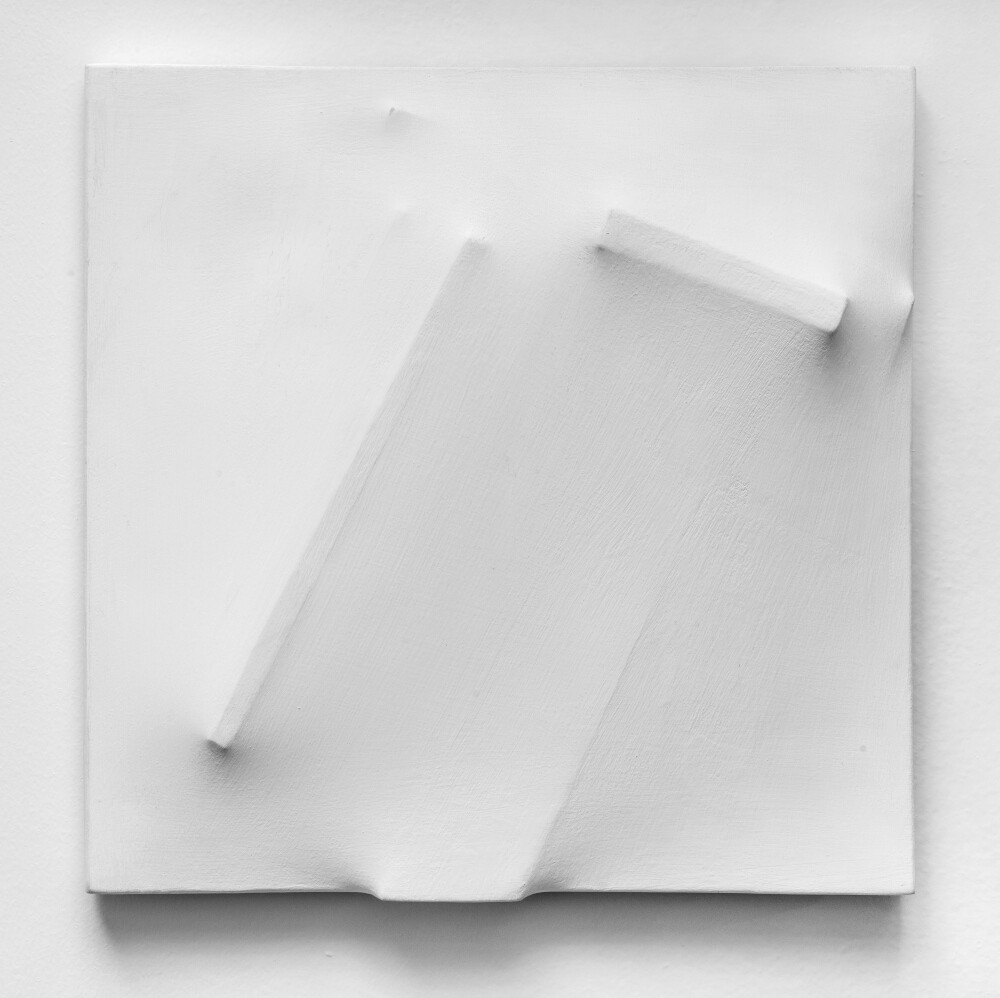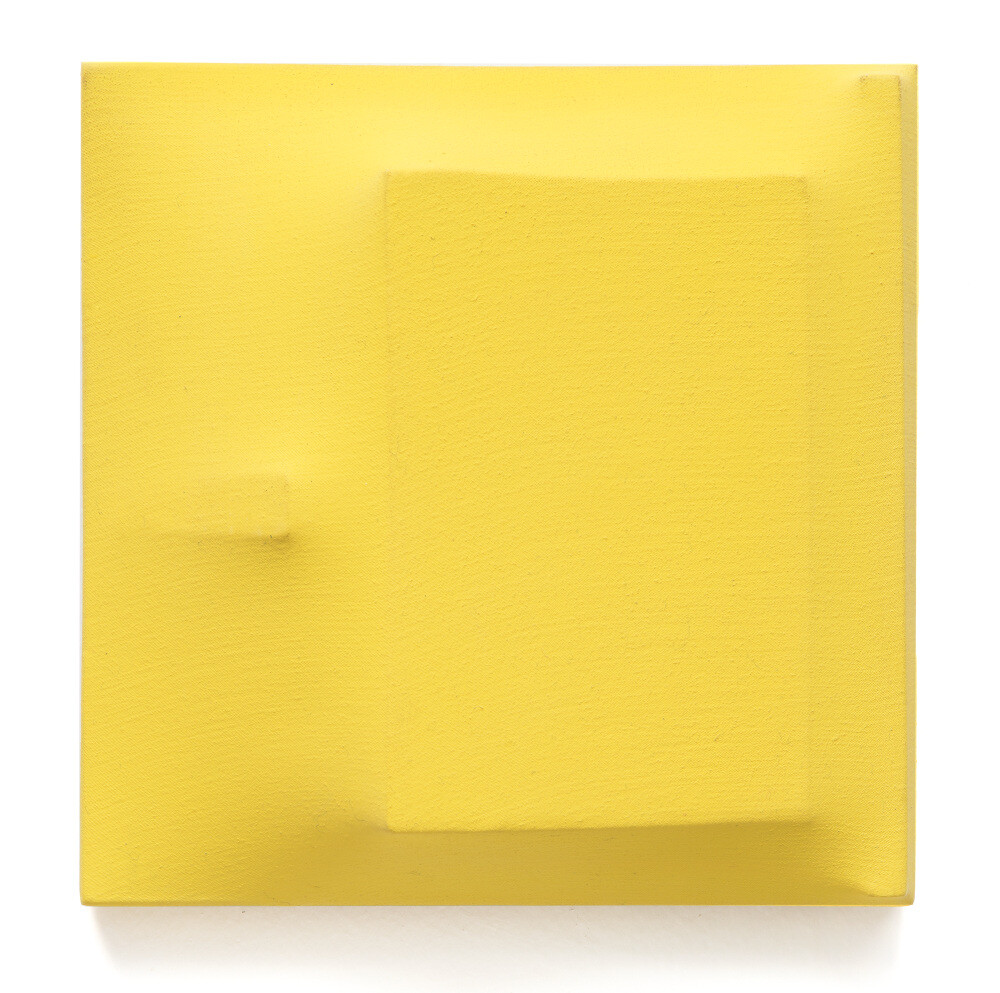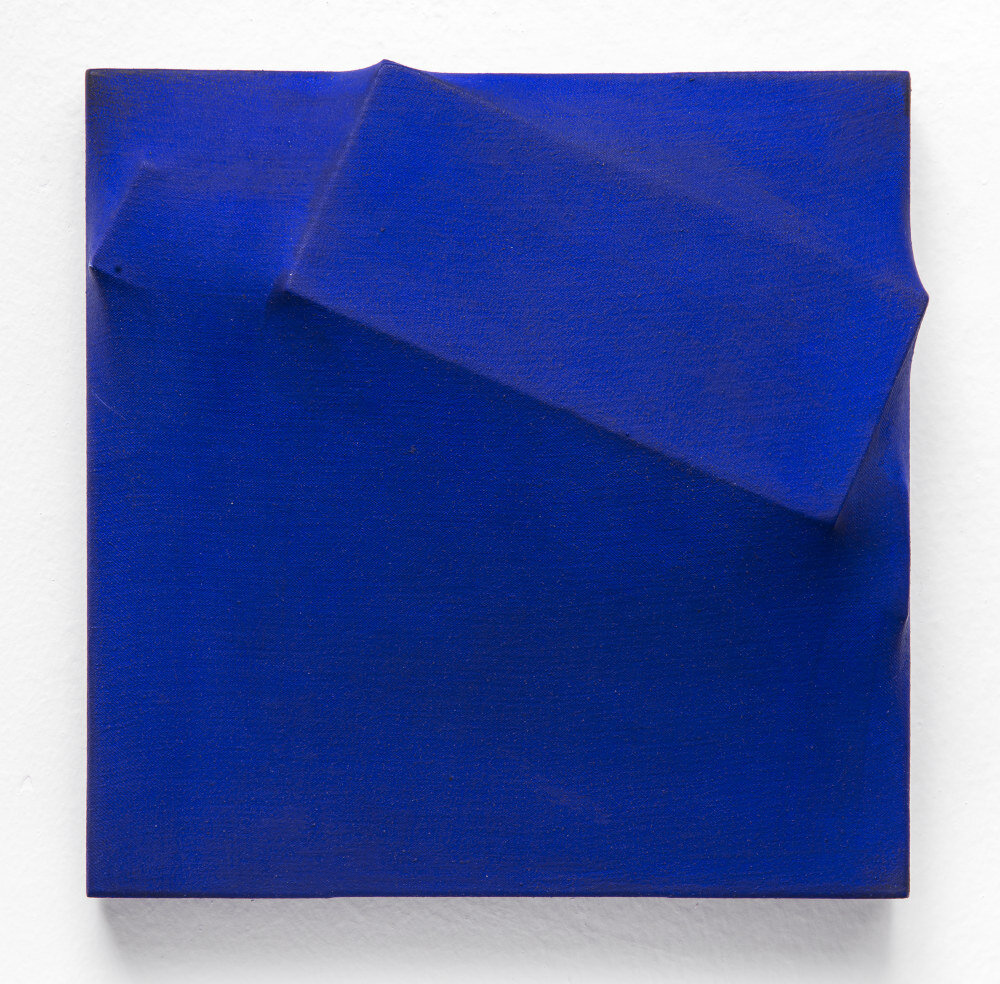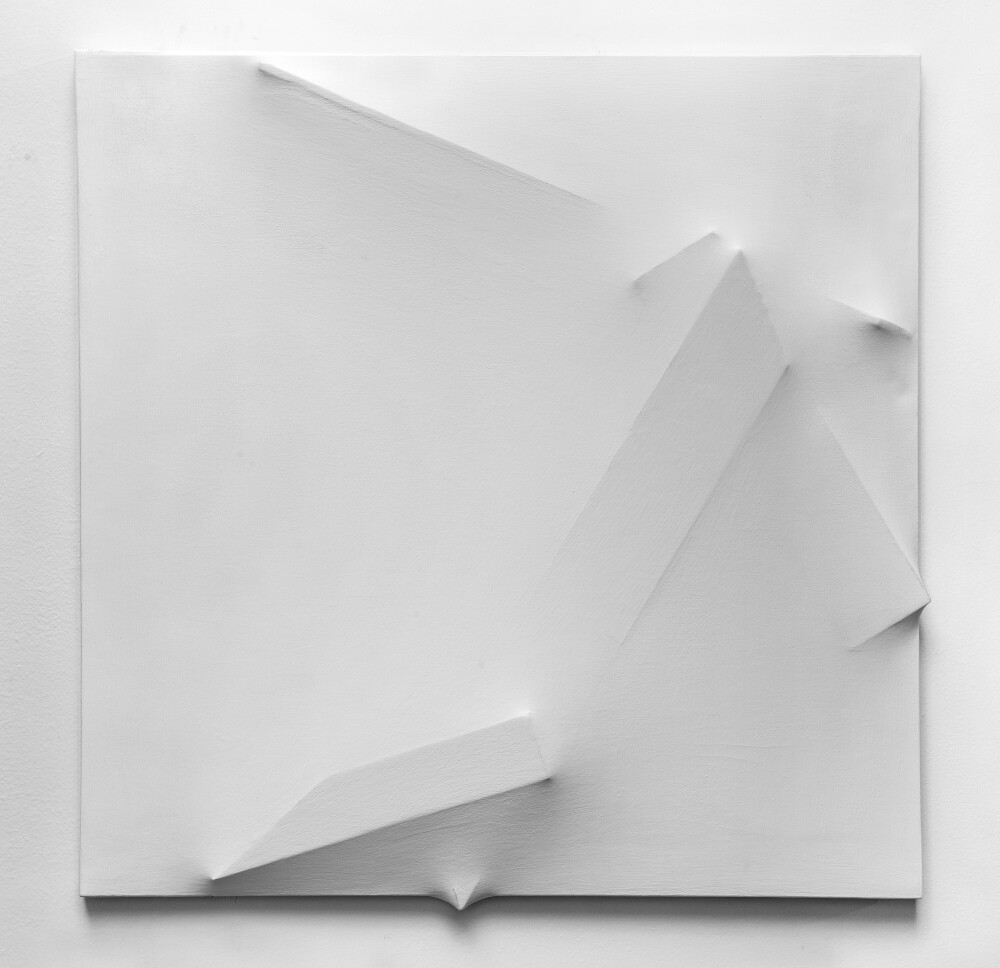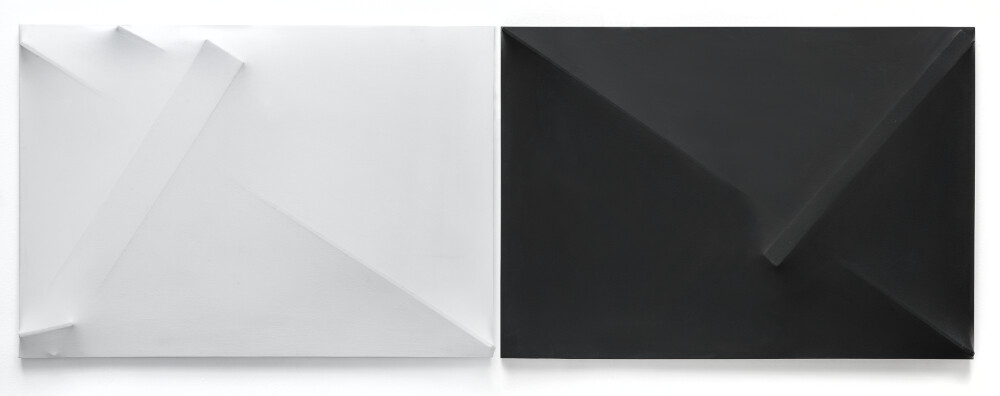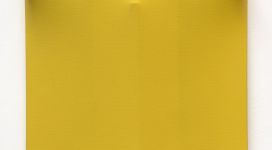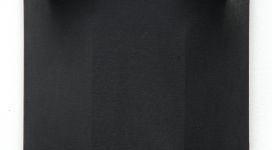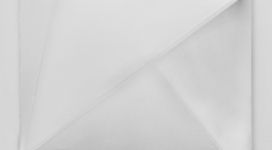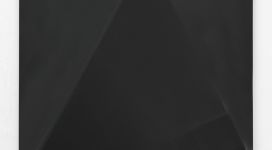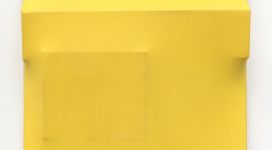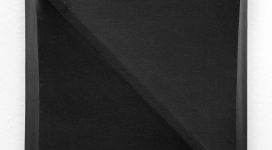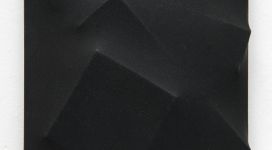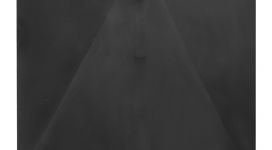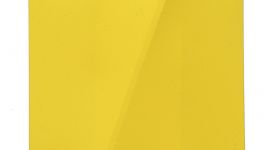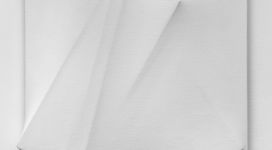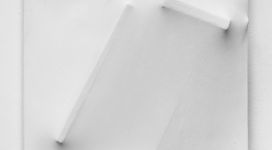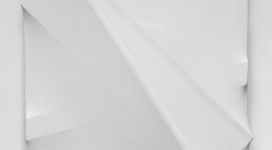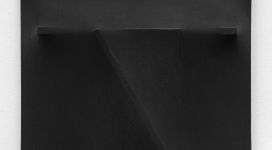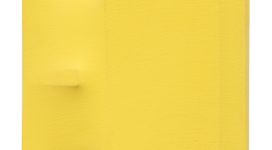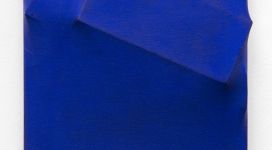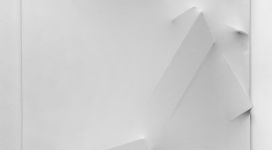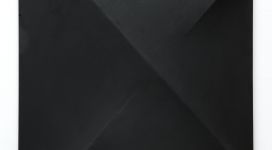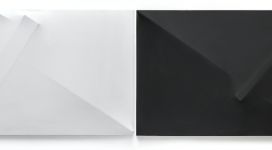| BRUNO GAMBONE | see the exhibition on ARTSY | |
| online exhibition on Artsy | Biography | |
| Shaped canvases 1970-1974 | Catalog | |
| 24 april – 28 may 2020 |
Galleria Il Ponte presents its first exhibition online on Artsy dedicated to Bruno Gambone (Vietri 1936), an artist with a great renown as a ceramist, who, however, between the end of the 1950s and the half of the 1970s devoted himself entirely to painting. After moving to New York in 1963, through vivid and bright colors along the lines of a certain US Minimalism, his geometrical painting acquired a volume that emerged forcefully from the surface of the painting. Between 1966 and 1967, both through painted wooden structures and with the creation of geometrical volumes squashed against the wall and covered in canvas, this three-dimensionality took shape and gained greatly in significance. In 1967 at Galleria del Cenobio in Milan, where he would move the following year, upon the invitation of his friend Getulio Alviani he created an environment of canvases stretched over wooden structures, introduced in catalog by a text by Germano Celant. Then he continued along this line with works substantially with the characteristics of ‘object painting’, which Gillo Dorfles wrote of in 1967, bringing together Castellani, Bonalumi and Scheggi with Fontana in an exhibition in Rome at the Arco d’Alibert run by Mara Coccia. To Bonalumi and Scheggi in particular, Gambone was joined by a brotherly friendship and shared intentions, and together they took part in numerous exhibitions and artistic-theatrical actions in that period.
This world of Bruno Gambone, despite being quoted in studies by other authors, we can say remained hidden for over forty years by his much better known activity as a ceramist, which he devoted himself to almost entirely following the death of his father Guido (ceramist between 1909 and 1969). The first exhibition on this set of artworks took place in our Florentine gallery in 2014, and then in other exhibition in Paris, Frankfurt am Main, London, Wien. Trying to bring his artistic world and his history back to light. Hence a gap is filled in the history of ’60s and the half of ’70s in the Italian art, a period that was without doubt a magical moment in artistic creativity on the peninsula.
